Global Harvard: Asia
Travel anywhere through a world increasingly interwoven by the Internet, commerce, and fellowship, and chances are that Harvard is there, whether through established programs and offices, or in the guise of field researchers, alumni leaders, and touring students. Here is a sampling of those myriad connections.
-
 Nation & World
Nation & WorldHarvard in Beijing
During a historic visit to Beijing, Harvard President Drew Faust delivered the Tsinghua Global Vision Lecture, “Universities and the Challenge of Global Climate Change,” to faculty and students at Tsinghua…
-
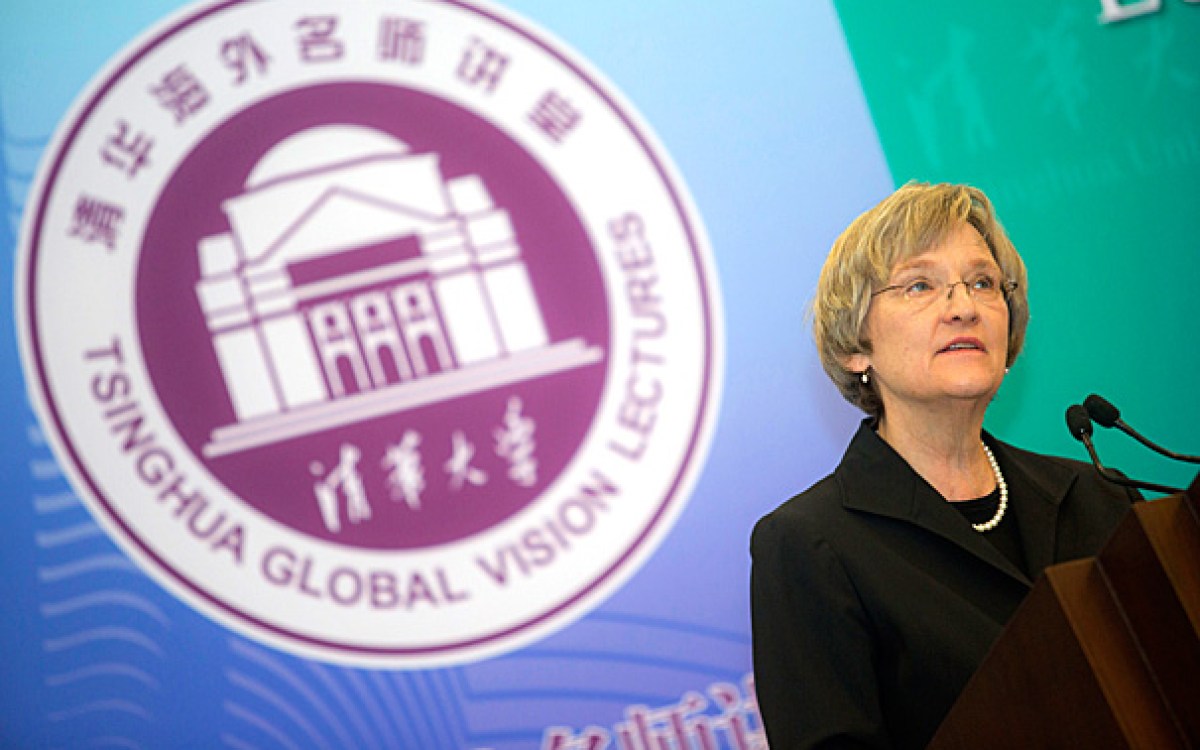 Science & Tech
Science & TechColleges have ‘special’ role in fighting climate change
Harvard President Drew Faust tells an audience at Tsinghua University in Beijing that universities have a unique and critical role to play in combatting climate change.
-
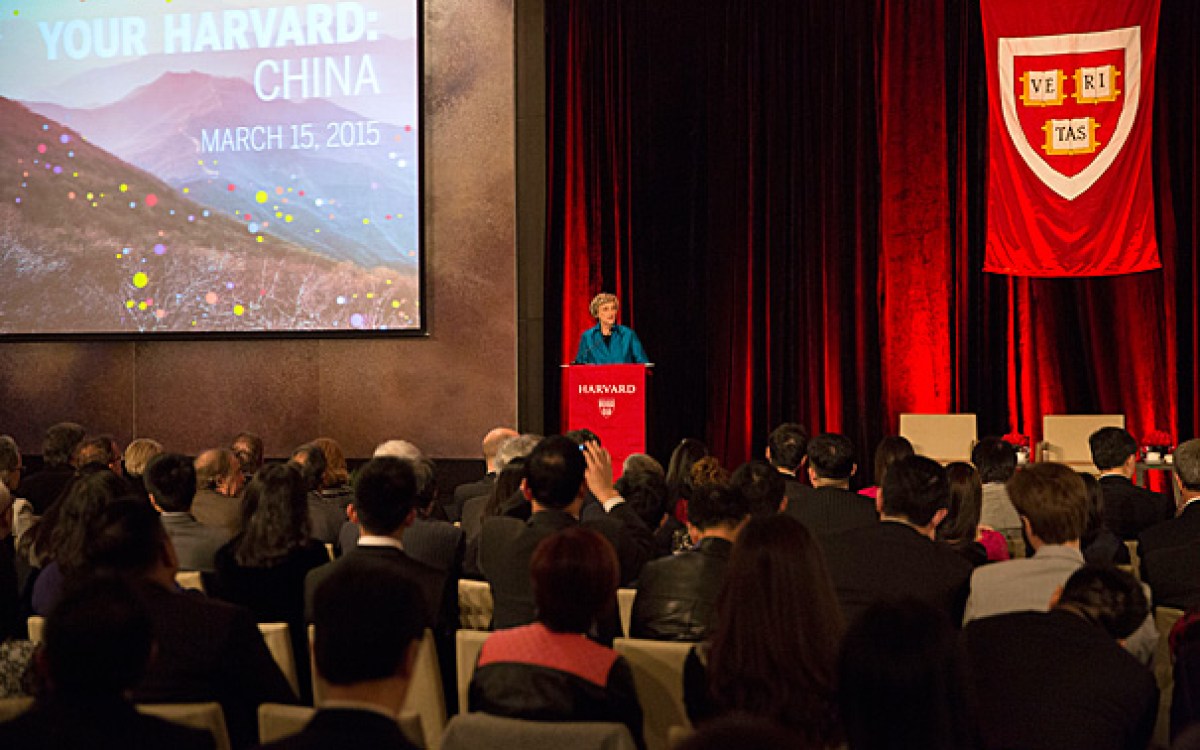 Campus & Community
Campus & CommunityA celebration in Beijing
Harvard President Drew Faust joined more than 430 alumni, faculty, and friends in Beijing on Sunday to celebrate the University’s long and growing ties to China.
-
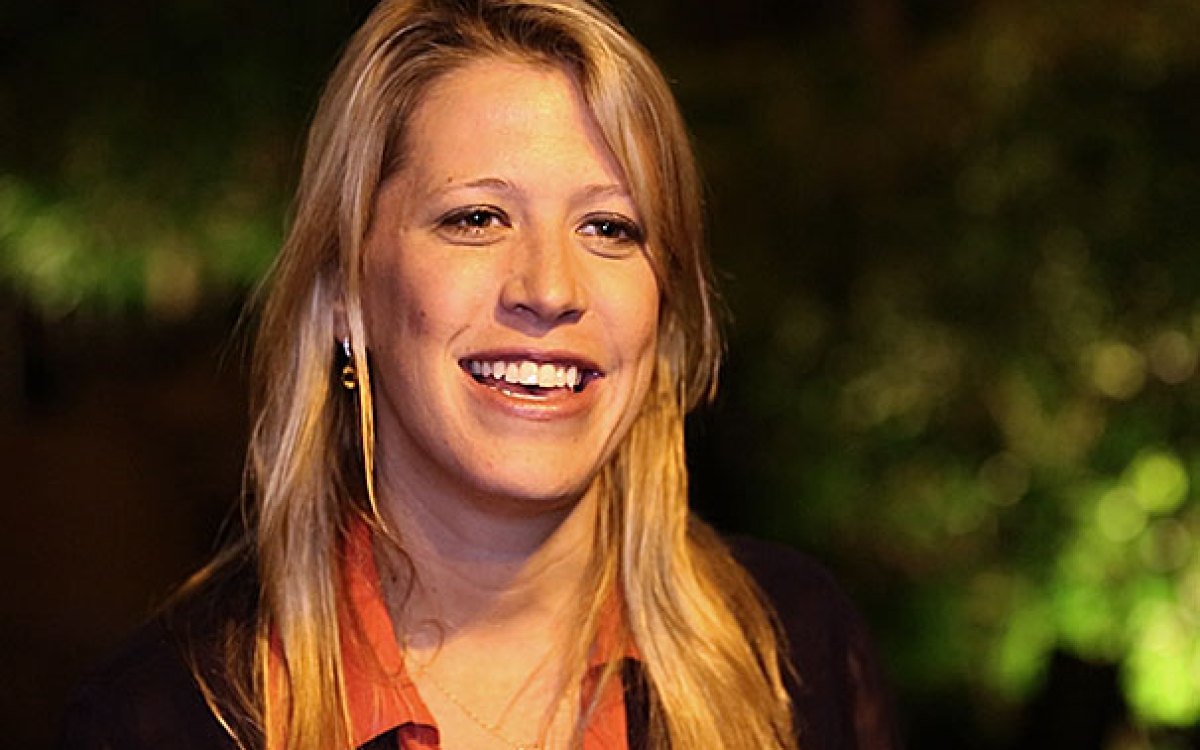 Nation & World
Nation & WorldCultivating community in Shanghai
Kate McFarlin, president of the Harvard Club of Shanghai, wears her dual enthusiasms for Harvard and China on her sleeve.
-
Nation & World
Holistically Crimson
Shaw Chen, treasurer of the Harvard Club of Shanghai, learned a lot from the College’s East Asian studies classes, but got plenty of experience outside the classroom as well.
-
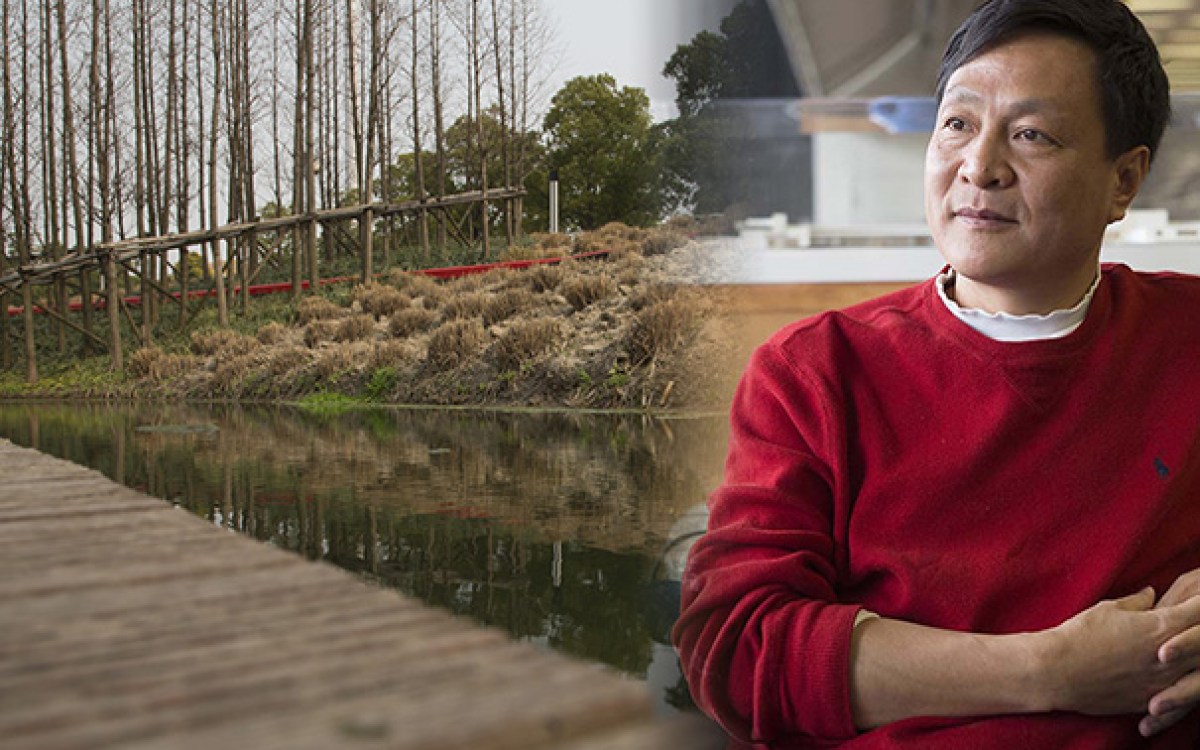 Nation & World
Nation & WorldWith nature in mind
Kongjian Yu, who received a doctor of design degree from Harvard’s Graduate School of Design in 1995, espouses an environmental design ethic that considers natural processes on a site first. Since 2010, he has guided GSD students through the problems related to China’s rapid urbanization.
-
The seeds of anthropology
Zongze Hu, who received his doctorate in anthropology from Harvard in 2009, has wasted little time fostering the discipline in his native China, establishing new graduate and undergraduate programs at Shandong University.

-
A thirst for justice delayed
Researchers with the Harvard Humanitarian Initiative are surveying Cambodian attitudes toward a tribunal prosecuting leaders of the Khmer Rouge regime, which engineered the killings of an estimated quarter of the nation’s population, the worst mass murders since World War II.

-
Lessons of a temporary city
The Maha Kumbh Mela, India’s massive gathering of Hindu pilgrims, ended in March. But for Harvard researchers across disciplines, the festival and the tent city it spawned continue to yield lessons in everything from big data to urban planning.
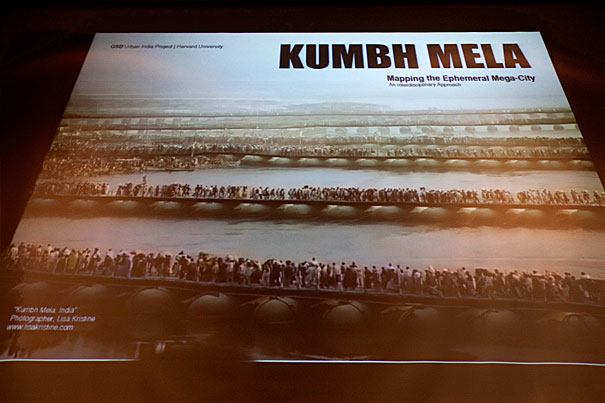
-
Invading Inner Mongolia’s painful past
Harvard graduate student Sakura Christmas is drawn to a tumultuous time in the history of northern China, when invasion, migration, and culture change altered the lives of traditional people forever.

-
A taste of Harvard in Shanghai
Harvard Center Shanghai provides programming support, local expertise, and meeting space for Harvard researchers, students, and alumni in one of the world’s most dynamic cities.
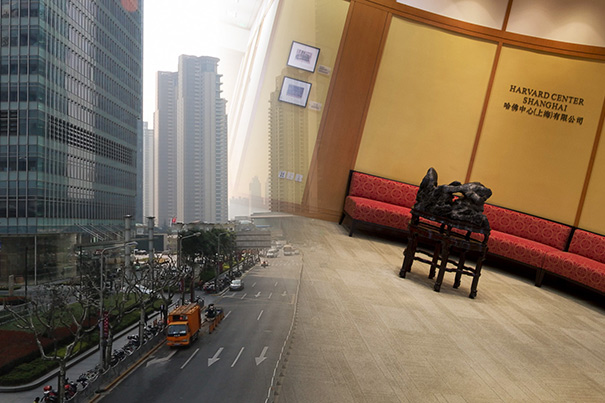
-
A Harvard bridge to Japan
Carl Kay, president of the Harvard Club of Japan, reflects on a career in which his undergraduate concentration in Japanese studies led to a business helping U.S. companies gain a foothold in Japan.

-
More opportunities for women
Speaking in South Korea at the conclusion of a five-day visit to Asia, Harvard President Drew Faust urged greater educational opportunities for women.
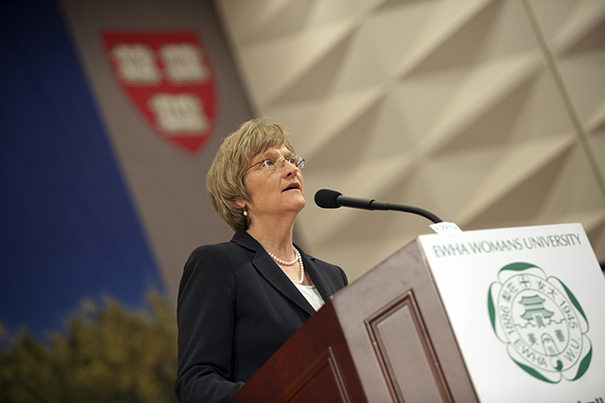
-
Creator of skyscrapers
Harvard College and Graduate School of Design alumnus Paul Tange is changing skylines across Asia through the work of his Tokyo-based architecture firm, Tange Associates.
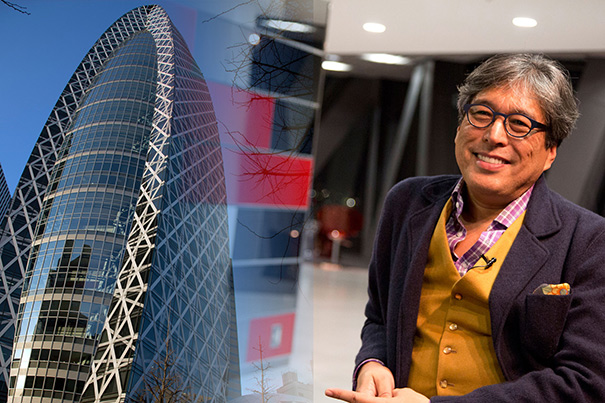
-
Harvard’s hand in shaping education
Opening a weeklong visit to Asia, Harvard President Drew Faust on Monday called knowledge “the most important currency of the 21st century,” highlighting faculty research, student engagement, and online learning as central to Harvard’s global strategy.

-
Stability amid revolution
Daniel Koss, a doctoral student in Harvard’s Government Department, has spent nearly a year in China, studying how such a large, diverse nation could remain intact through decades of warfare, revolution, and unrest, and emerge to wield growing influence on the global stage.

-
Bridging the gap, digitally
A new project at Harvard’s Pakistan Innovation Network brings professors and their research to students, activists, and entrepreneurs across South Asia via video conferencing, making possible connections that could spark social change.
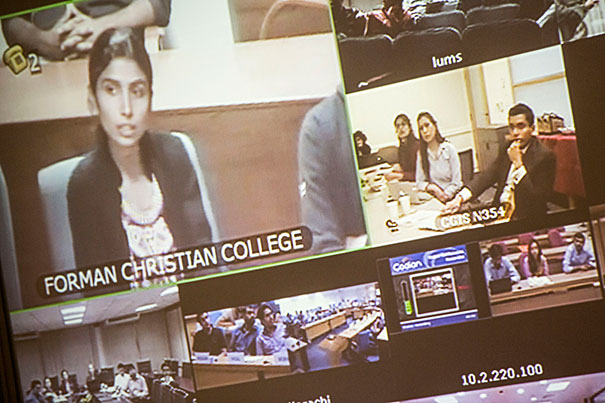
-
With radiation, worries about food
Harvard anthropology doctoral student Nicolas Sternsdorff Cisterna is living in Japan to study food safety and how people make decisions to keep their families safe following the nuclear meltdown.
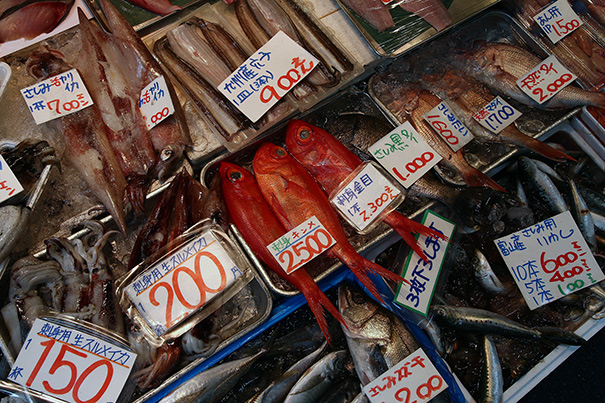
-
Indonesia, front and center
Harvard Kennedy School’s Indonesia Program is using a combination of faculty research, student backing, and direct engagement with Indonesia’s elected officials to learn about and support the sprawling island nation’s democratic efforts.
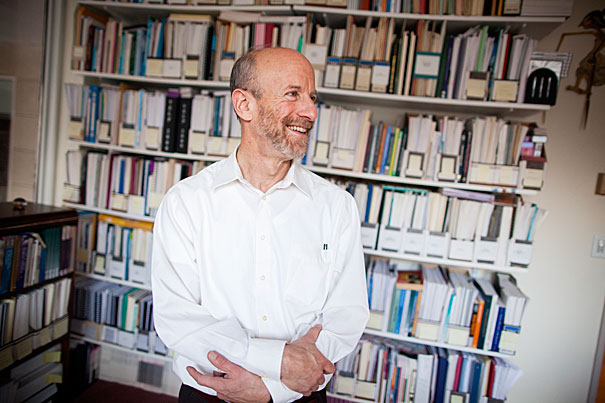
-
Harvard-Asia: Ties deep and broad
Harvard President Drew Faust’s coming trip to South Korea and Hong Kong is framed against a long history of Harvard’s engagement with Asia’s many nations.

-
Tracking disease in a tent city
At India’s Kumbh Mela, the largest temporary city in the world, public health researchers from Harvard and beyond staged a small but nimble operation to follow health measures and disease outbreaks. The results will hold lessons not just for future Harvard students, but for urban health planners in India and elsewhere.

-
Among millions, a blank slate
The Kumbh Mela, the world’s largest religious gathering, spawns a city of millions virtually overnight — and with it, a thriving ecosystem of commerce large-scale and small. Harvard Business School researchers traveled to India to search for the festival’s unlikely lessons in infrastructure, governance, and informal networks.

-
Saving the mother river
The Sangam — the point where the Ganges, Yamuna, and the mythical Saraswati rivers meet — is one of the holiest spots in India, drawing millions of Hindus for the Kumbh Mela festival. As a group of Harvard students learned, it’s also a place where centuries-old religious practices and modern-day environmental politics collide.

-
Mapping a megacity’s metabolism
The temporary city that supports the Kumbh Mela, India’s gathering of millions of Hindus, is planned and built in just three months. A team of students, architects, and photographers from the Harvard Graduate School of Design set out to map the insta-metropolis in one week.

-
Inside India’s pop-up city
Every 12 years, the Kumbh Mela, a centuries-old Hindu pilgrimage, temporarily transforms an empty floodplain in India into one of the biggest cities in the world. This month, an interdisciplinary team of Harvard professors, students, and researchers set out to map the gathering for the first time.

-
Harvard’s ties to India
Over the past several years, Harvard University has been ramping up its involvement in India and South Asia, a trend catalyzed by Harvard’s South Asia Initiative, which was founded in 2003 to foster the University’s engagement in the region. Harvard’s understanding of the region’s importance is highlighted by President Drew Faust’s January visit to India.

-
India, front and center
Harvard is increasing its engagement in India and surrounding South Asian nations in an effort to better understand a part of the world that is growing in global importance. Harvard President Drew Faust visits India this month.
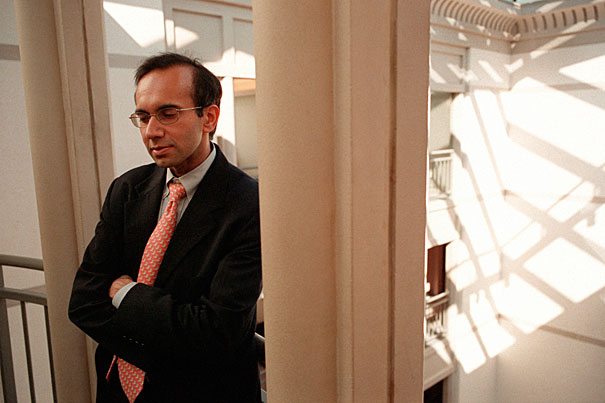
-
Texting their way to better health
A student project seeks to improve maternal and child care in India by using the proliferation of cellphones in rural areas to remind women to visit local clinics.
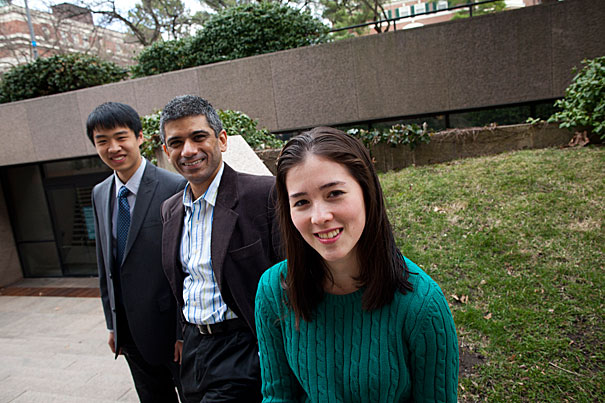
-
Harvard rushes to aid Japan
The University responds to the tragedy that struck Japan last week in myriad ways — with a benefit concert, discussions by experts, and a web portal to ease information flow.
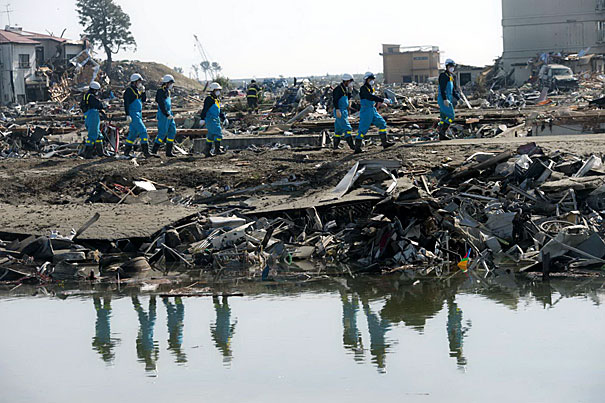
-
Cholera strain tied to South Asia
A team of researchers has determined that the strain of cholera erupting in Haiti matches bacterial samples from South Asia and not those from Latin America.

-
The search for China’s roots
Archaeologist Rowan Flad is seeking early traces of one of the world’s oldest civilizations.

-
Business School announces Tata gift; two initiatives
A pair of building projects supported by the Harvard Business School takes aim at fostering leadership, innovation, and entrepreneurship.

-
Building the cheapest car
An executive of the Indian conglomerate Tata described how the company promotes innovation, resulting in the creation of the world’s cheapest car, a $2,500, fuel-efficient four-seater.

-
In Pakistan, controlling water is key
Pakistan’s long-term water security requires institutional renewal and new infrastructure, including new dams, on the Indus River.

-
Reducing malnutrition
The world is going to fall well short of achieving the Millennium Development Goals to reduce malnutrition, and child and maternal mortality, by 2015.
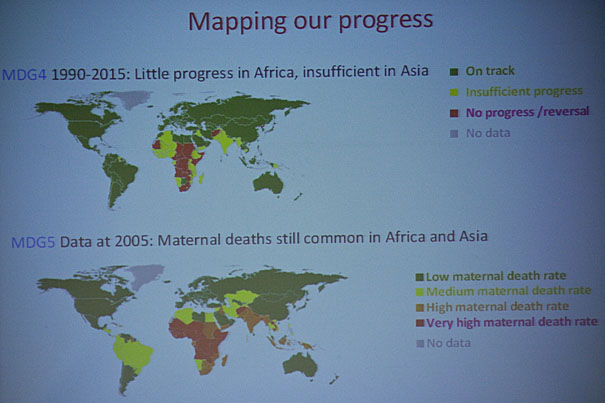
-
Harvard Center Shanghai opens its doors
Intellectual inquiry and practical action were both on rich display at “Harvard and China: A Research Symposium,” a series of lectures, panels, and break out sessions held to mark the official opening of the Harvard Center Shanghai on March 18.



